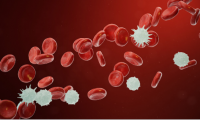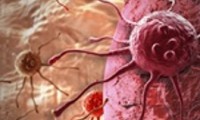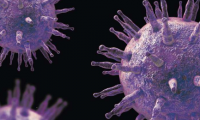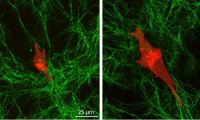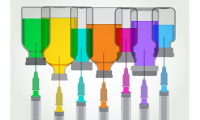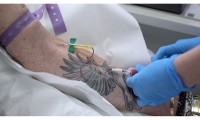-
Millions of cancer patients benefit from Elekta’s Flexitron
- Source: drugdu
- 135
- April 24, 2023
-
FDA gives approval to cell therapy Omisirge for blood cancer patients
- Source: drugdu
- 105
- April 19, 2023
-
Pre- and post-surgical immunotherapy-based treatment significantly improved lung cancer outcomes
- Source: drugdu
- 116
- April 18, 2023
-
How a virus causes chromosomal breakage, leading to cancer
- Source: drugdu
- 136
- April 14, 2023
-
Engineers find cancer cells have remarkable ability to penetrate deep into their environment
- Source: drugdu
- 131
- April 13, 2023
-
Dietary supplement helps combat resistance in breast cancer, finds study
- Source: drugdu
- 137
- April 12, 2023
-
Moderna cancer vaccine takes positive step
- Source: drugdu
- 106
- April 12, 2023
-
GSK will have to pay additional royalties to AstraZeneca on cancer drug Zejula
- Source: drugdu
- 151
- April 6, 2023
-
Blood tests may spare cancer patients chemo
- Source: drugdu
- 119
- April 6, 2023
-
Cancer drug leaflets for patients in Europe omit important facts
- Source: drugdu
- 195
- April 3, 2023
your submission has already been received.
OK
Subscribe
Please enter a valid Email address!
Submit
The most relevant industry news & insight will be sent to you every two weeks.


